Peacekeeping operations and post-conflict situations assemble a multitude of actors; international governmental organisations, non-governmental organisations, armed forces, police services, donors, diplomats, investors etc from a multitude of countries. All of these are aiming for the same end-state: peace, stability and prosperity.
Yet, misunderstandings are commonplace and peacekeeping actors end up striving in different directions, all with good intentions. One of the reasons for misunderstandings is that the language and terminology differs. For example, freedom of movement for some might mean securing a road or an airport, whereas for others it might indicate whether the children can go to school or if the local marketplace is open.
Different organisations have different or overlapping mandates and varying time perspective for their operations. The short-term objectives of the military might clash with the long-term objectives of the development agencies.
The situation for humanitarian agencies is particularly sensitive. Even if they are lacking resources, they cannot compromise their fundamental principles of humanity, impartiality and neutrality. Military actors might have the necessary manpower, resources and technical knowledge to help the local population but it is only where a humanitarian gap is identified that military actors can become a crucial asset.
Jennifer Schmidt Consulting can help over-bridge differences between agencies and organisations. We seek to find common objectives and cooperative structures. We speak the different languages and can reinforce military plans from a civilian perspective. We can also help organise civil-military exercises and experiments and staff them.
|
   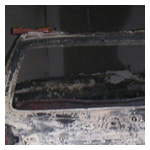 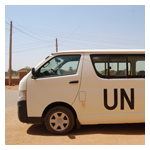 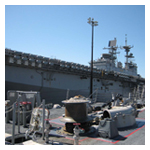 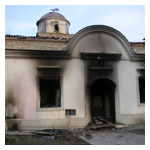 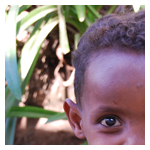 
"Competition has been shown to be useful up to a certain point and no further, but cooperation, which is the thing we must strive for today, begins where competition leaves off."
Franklin D. Roosevelt |

